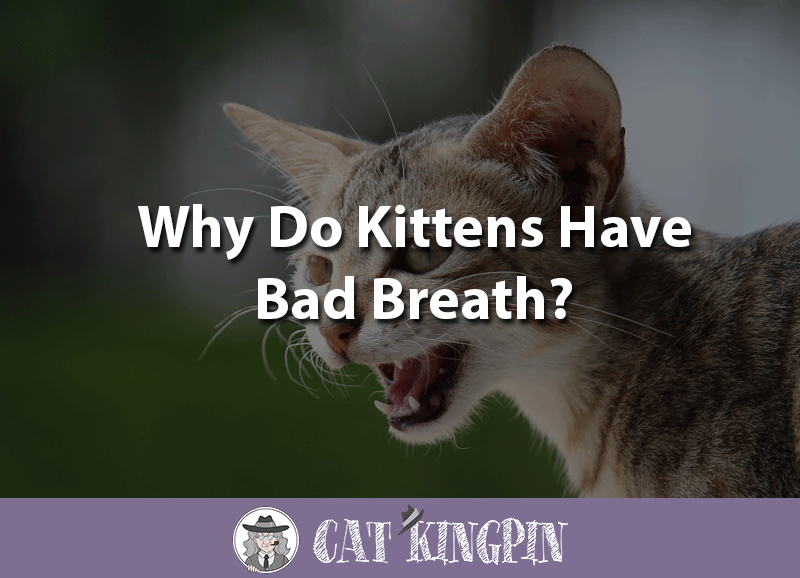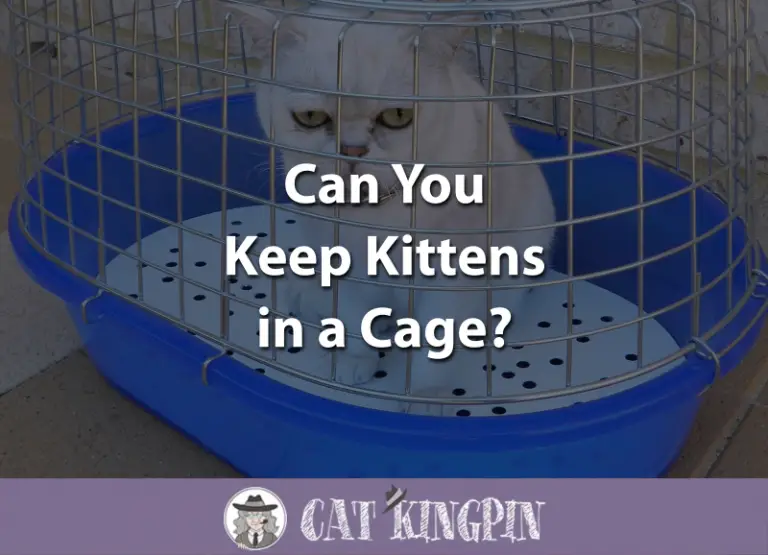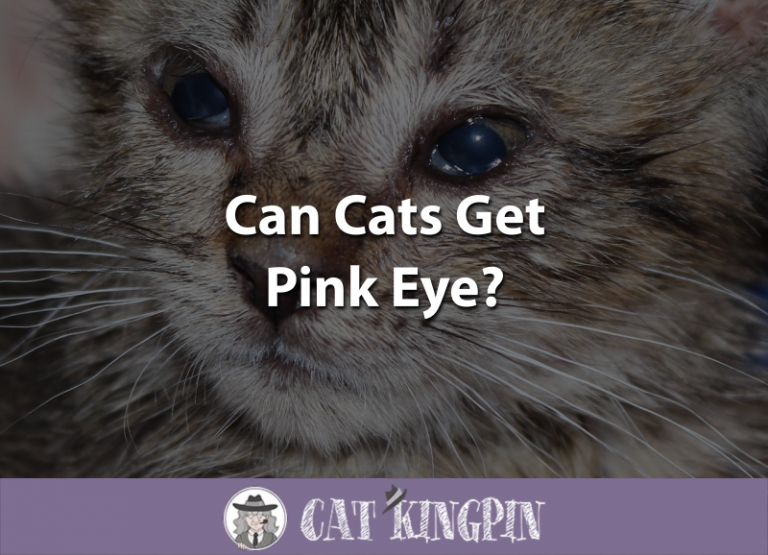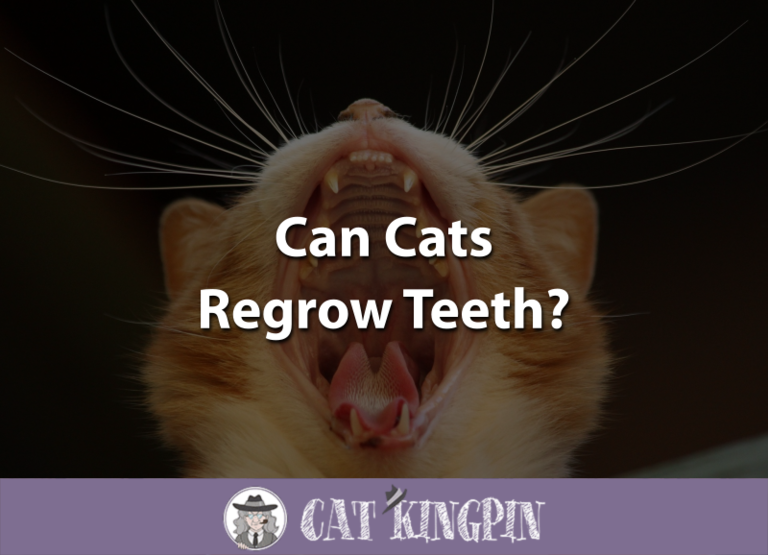Why Do Kittens Have Bad Breath?
Bath breath in kittens is quite a common problem that many pet owners will face. The term Halitosis is the scientific name that refers to bad breath. Halitosis itself may be an indication of the beginning of periodontal disease. Which simply means inflammation and/or infection of the teeth and gums.
So, if you notice your kitten has been developing bad breath lately, but is relatively healthy, then this article will equip you with the basics to understanding why bad breath occurs.
In this article we’ll cover:
- What Causes Bad Breath in Kittens
- Is It A Major Problem…Should I be Worried?
- Do Other Disease’s Cause Bad Breath?
- How You Can Treat & Prevent Bad Breath?
What Causes Bad Breath in Kittens
Over the years research suggests that in relation to periodontal disease, there are two main causes of bad breath. They are improper nutrition and lack of regular dental care. Don’t get in their faces when they yawn!
Diet plays an important role in contributing to periodontal disease and this was established through cross–sectional surveys which concluded that kittens fed on diets that were canned/wet food often had a greater chance of developing bad breath and periodontal diseases.
Dental hygiene is another major factor that can contribute to your kitten’s bad breath. Just as with human, when left over food particles build up in the crevasses of the teeth then bacteria will begin to flourish. As a result, plaque begins to form around the teeth and gums resulting in an environment very susceptible to infections.
If your kitten is within 3-4 months of age, which is generally the teething stages, then this may also result in acute bad breath in kittens. This is caused as a result of excessive saliva production and is not a medical concern. You may hear your kitten purr quite a bit more, but don’t worry. They can’t lose their voices.
During the eruption and shedding of baby teeth, feline juvenile gingivitis may also be a leading cause of bad breath in kittens. This periodontal disease results in inflammation and infection of the gums due to either improper formation of the kitten’s, “detention,” or buildup of plaque and tartar.
Sometimes, over-eating in kittens may be the cause of bad breath as it can cause vomiting, a smell that may cling to the kitten’s mouth.
Is it A Major Problem…Should I be Worried?
Yes, this can become a major problem if ignored. If you allow plaque and tartar to develop, then this can lead to many health problems for your kitten in the future. It can be painful and faint-worthy.
The build of bad bacteria around the teeth, tongue and gums of a kittens’ mouth often results in bad breath. So, bad breath may be one of the first indications that your kitten may potentially have periodontal disease.
Periodontal disease can lead to many issues such as gingivitis, difficulty eating, bacterial infection and damage to the animal’s organs.
You may wonder how can something as simple as bad breath and gum disease affect the whole body? Well, its quite simple. Plaque is a calcium deposit, which can break off and circulate around the body through the systemic system.
In doing so, bacteria and plaque may enter the systemic (circulatory system) of your pet’s body thereby increasing the risk of heart diseases as a result of blockage in arteries or damage to the myocardium (heart wall).
Another study concluded that bacteria can spread from mouth and invade the kidneys thus impacting the filtration rate.
Do Other Diseases Cause Bad Breath?
A common cause of bad breath may be a result of lack of dental hygiene and improper nutrition. That being said, it’s important to realize that bad breath can also be clinical signs of internal diseases that may be unrelated to periodontal health.
Kidney and Liver disease is a great example. Kidney failure often occurs as a result of uremic toxins building up in the blood stream due to lack of filtration by the kidney.
Often the build up of toxins results in the animal feeling nauseous and this results in vomiting.
How Can You Treat & Prevent Bad Breath?
Prevention is always key to preventing the progression of periodontal disease from occurring. Here I have listed some simple steps pet owners can take in order to control bad breath by controlling plaque and tartar build up.
1. First, invest in a kitty toothbrush! Ideally, if possible brush your kittens’ teeth every day. Studies have shown that regular brushing leads to less plaque build up and so less bad breath. My favorite toothbrush kit is the Vibrac which you can find here.
2. Here is an informative video explaining how-to-brush your cats teeth.
3. Provide more dry food and wet food only occasionally. Cats often get their water through the meat they consume so its not entirety bad giving cats wet/canned food. However, wet food has shown to be a leading cause of bad breath and gum disease in cats.
4. Feed dry food that may assist in teeth cleaning. The Hills Science Diet Oral Health care is a great dry food that helps with these issues.
5. Keep things interesting! Cats love warm, textured food. So its good to occasionally feed your kitten wet food high in protein a few times a week. My favorite line is WERUVA which comes in a range of different flavor’s for every finicky cat. Keep in mind that sometimes if a cat eats liver or other strong-smelling foods, that’s what could be giving them bad breath.
6. Give your kitten dental hygiene chews. Time and time again, Studies show that these will help prevent the build up of tartar.
7. Monitor your kittens’ mouth and take them to the vet on a regular basis. Sometimes veterinarians may recommend sprays and water additives to help with bad breath.
When it comes to treatment of periodontal disease, veterinarians will recommend teeth cleaning and extractions of infected tooth should the disease cause serious welfare problems.
The cost for teeth cleaning can be quite expensive depending on where you live. Coming from personal experience this can range from anywhere to $400-$500, so prevention is the best route to take.
Conclusion
Bad breath in kittens can be a result of many diseases. In relation to oral hygiene, which is likely the issue, a buildup of bacteria that proliferate within the plaque and tartar deposits most commonly causes it.
If your kitten has bad breath then you need to consider where you may be going wrong. Ask yourself, “Do I feed my cat the right foods?” “Am I brushing their teeth regularly?” or “Did I just feed them some really stinky food like quinoa?”
If a healthy mouth is maintained then its very unlikely that your kitten may experience stinky breath. Remember, if you’re still unclear as to why your kitten has bad breath then feel free to leave a comment and I’ll do my best to help you out.







